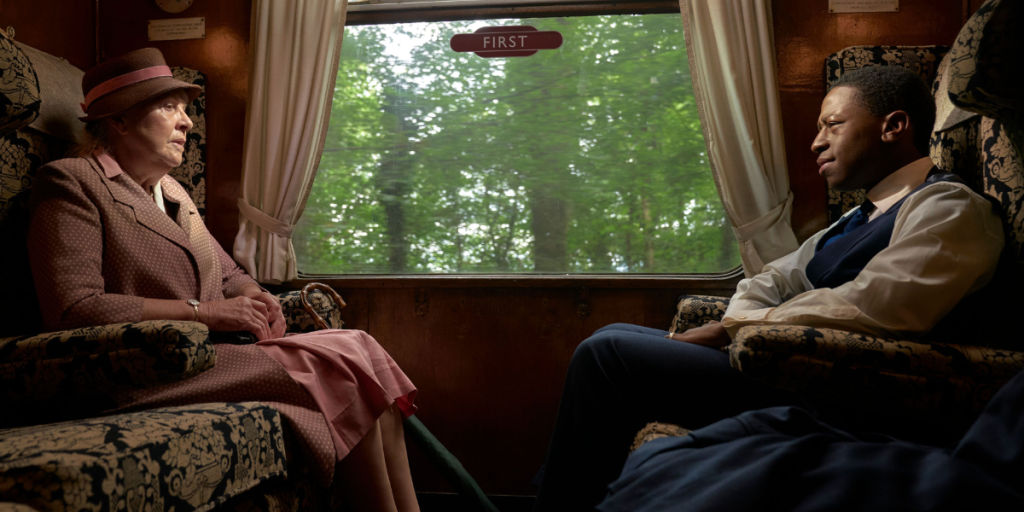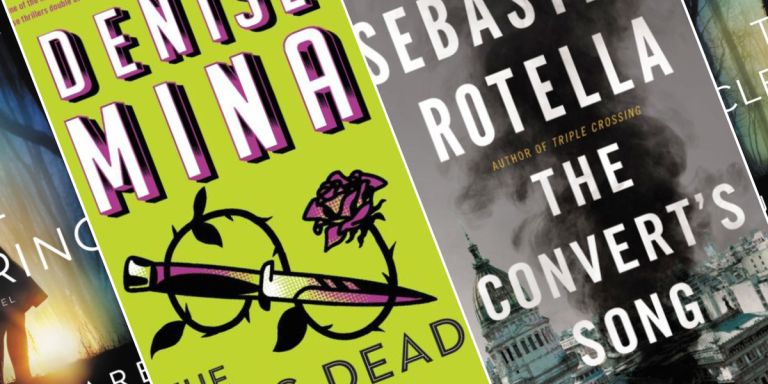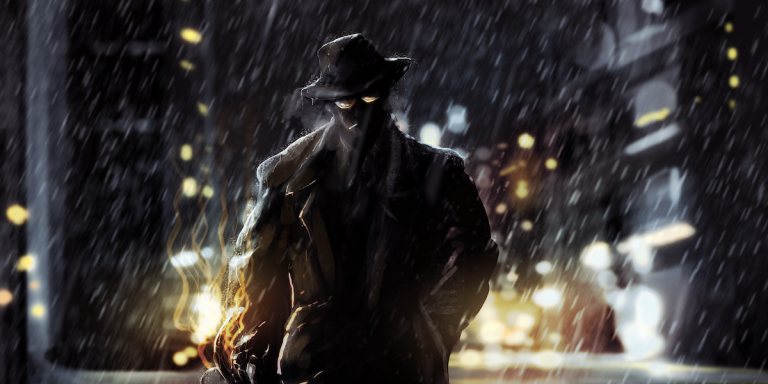Agatha Christie Screen Spotlight: ‘Murder Is Easy’ Brings a Modern Sensibility to an Oft-Adapted Story

When Downton Abbey’s Penelope Wilton boards a train at the beginning of the 1950s-set Murder Is Easy, she appears exactly like the kind of protagonist people expect from an Agatha Christie story: She’s a stuffy-looking lady with gray hair, dressed in pink, traveling from her quaint English village to London on urgent business. She looks somberly at her fellow passenger and tells him that she’s meeting with Scotland Yard because, “I have to report … murder.”
Wilton isn’t playing Christie’s famed amateur sleuth Miss Marple, but the misdirection is clearly intentional, and creator Siân Ejiwunmi-Le Berre plays with audience expectations for a Christie adaptation throughout the two-episode BritBox miniseries. Wilton’s Lavinia Pinkerton exits the story early, seemingly murdered herself as she stands on a London street corner, leaving behind the man she spoke to so vehemently on the train. He then takes it upon himself to travel to her hometown of Wychwood-Under-Ashe to pursue the justice that was cut short by her death.
That man is Luke Obiako Fitzwilliam (David Jonsson), a Nigerian-born government functionary who’s recently traveled to England from his native country on the promise of a job in the civil service, dealing with colonial affairs. By making a minor change to Christie’s protagonist, Ejiwunmi-Le Berre puts the legacy of colonialism at the heart of the story, without it ever overwhelming the central murder mystery. Fitzwilliam is an outsider both in the white-dominated Wychwood-Under-Ashe and within London’s Nigerian immigrant community, where he’s criticized for working with the colonizers rather than fighting for his homeland’s independence.
With a few days before his job is set to begin, Fitzwilliam is free to explore Wychwood-Under-Ashe and investigate the series of murders that Lavinia planned to report to Scotland Yard, which local authorities have ruled to be accidental deaths. He finds an ally in Bridget Conway (Morfydd Clark), a former secretary now engaged to local bigwig Lord Whitfield (Tom Riley). She’s intrigued by this stranger, who makes a clumsy attempt to pass himself off as a cultural anthropologist, and they’re both interlopers into high society.
Jonsson, who was utterly charming in the vibrant romantic comedy Rye Lane, makes for an engaging lead, and he and Clark have fantastic chemistry. The growing connection between Fitzwilliam and Bridget is just as tantalizing as the mystery, which takes further twists and turns as the body count continues to rise. Even as Fitzwilliam struggles to find a place for himself as he’s torn between two communities, he dedicates himself fully to honoring Lavinia’s memory and solving the murders.
There’s an undercurrent of racial tension to the story, even as most of the townspeople outwardly treat Fitzwilliam with respect. There’s class warfare brewing just under the surface of Wychwood-Under-Ashe, where the nouveau riche Lord Whitfield plans to build a new luxury housing development, while the residents of the poor area of town lack access to basic services. Ejiwunmi-Le Berre gives a clear sense of postwar social issues, which play into assumptions about the murderer’s identity and motive.
Riley leans into Lord Whitfield’s condescending arrogance, making him an enjoyable villain whether or not he turns out to be the murderer. The two episodes add up to the running time of a feature-length movie, and the pacing rarely lags, with new developments in the case deployed at key intervals to keep up the momentum.
As Christie’s novels continue to be popular source material for modern mystery miniseries, it’s important to find new ways to tell stories that have been adapted multiple times (this is the fourth time Murder Is Easy has made it to the screen). Ejiwunmi-Le Berre finds the proper angle to make this well-worn story feel refreshed, while keeping its essence intact.
By clicking 'Sign Up,' I acknowledge that I have read and agree to Hachette Book Group’s Privacy Policy and Terms of Use
What to Read Next
Josh Bell is a freelance writer and movie/TV critic based in Las Vegas. He’s the former film editor of Las Vegas Weekly and the former TV comedies guide for About.com. He has written about movies, TV, and pop culture for Vulture, Polygon, CBR, Inverse, Crooked Marquee, and more. With comedian Jason Harris, he co-hosts the podcast Awesome Movie Year.


